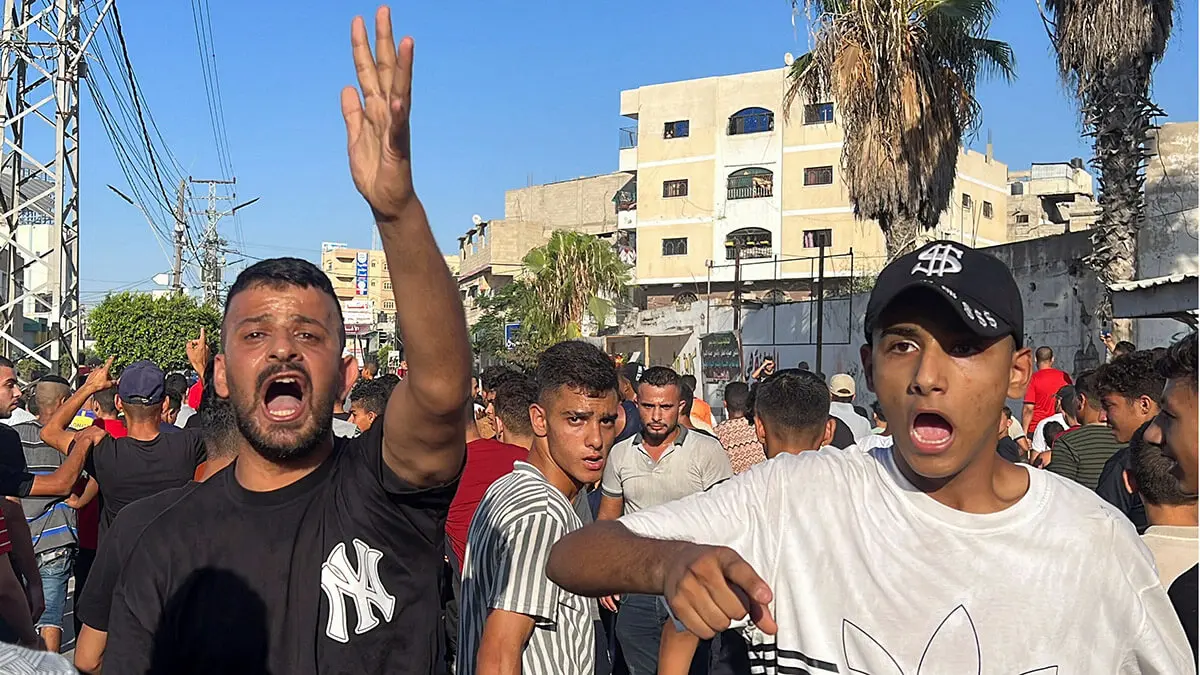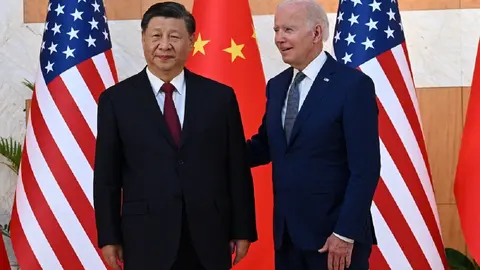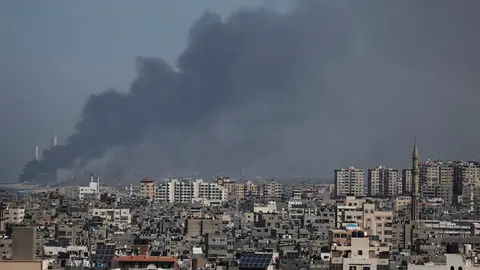First hopes for peace in the two great conflicts

It is still early days, but there is hope that peace will eventually prevail in the two major armed conflicts that currently trouble the world.
The first agreement reached between Israelis and Palestinians to exchange prisoners and hostages in exchange for a four-day truce in the fighting in the Gaza Strip is for the moment the one that offers concrete results. During this time, Gazans who are not involved in Hamas' terrorist activities will be able to sleep more peacefully and try to rebuild as much as possible - which will be little - of their lives.
Four days without having to look up at the sky in fear of bombers appearing on the horizon is not long. It is hard to imagine how those threatened will feel on the third day without hearing gunfire, when they will again feel the fear that will remind them of the resumption of war in a few hours' time. For it is clear that Israel will not be satisfied as long as it has a terrorist organisation next door firing rockets on its cities and preparing new initiatives to attack them with treachery.
Nevertheless, it is clear that one has to start somewhere and a peace process is perhaps one of the best examples to follow. Patience and perseverance in the search for solutions leads to agreements to return to normality even in the most difficult situations. It is not easy or quick, but it is the way in which most armed conflicts have ended throughout history. In the case of Israel and Gaza, it is promising that Israel, whose military capability has the upper hand, offers to extend the truce by one day for each number of hostages that are returned.
Regarding the other war, the one that has been raging between Ukraine and Russia for the past two years, the immediate prospects are for a worsening of the severity that threatens both military and civilians with the onset of winter, cold weather and power cuts that limit defensive capabilities on the front lines and daily life in the destroyed cities. As for the prospects of an armed solution, it is clear that, as long as Ukraine is supported by NATO and Russia is determined to maintain its aggression, an armed solution is almost impossible, as is the necessary peace agreement.
The lack of negotiations and any prospect of negotiations to promote them does not allow for optimism. Perhaps this can begin to change in these pre-Christmas days that always invite us to forget the seriousness of the problems. It was on Wednesday that for the first time a light was shone on this possibility. The cold and calculating President Vladimir Putin let slip, without emphasising his assessment, referring to the war, of course, that "we must think about how to stop this tragedy".
He said this at the virtual G20 summit and the phrase did not go unnoticed. Ukraine continues to be the great victim of the war, the one that is putting and exposing the most lives and suffering the most damage. But Russia is also beginning to feel the consequences of an adventure of territorial conquest that has become very difficult and conflictual within its own borders. Popular discontent is growing, the damage to the economy is becoming more evident with each passing day, and Putin's image is becoming more questionable. Putin may not want to admit his mistake, but he does seem to be beginning to want to make amends.



